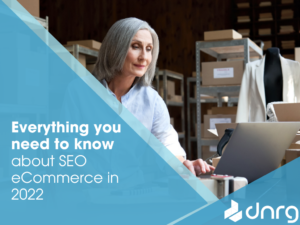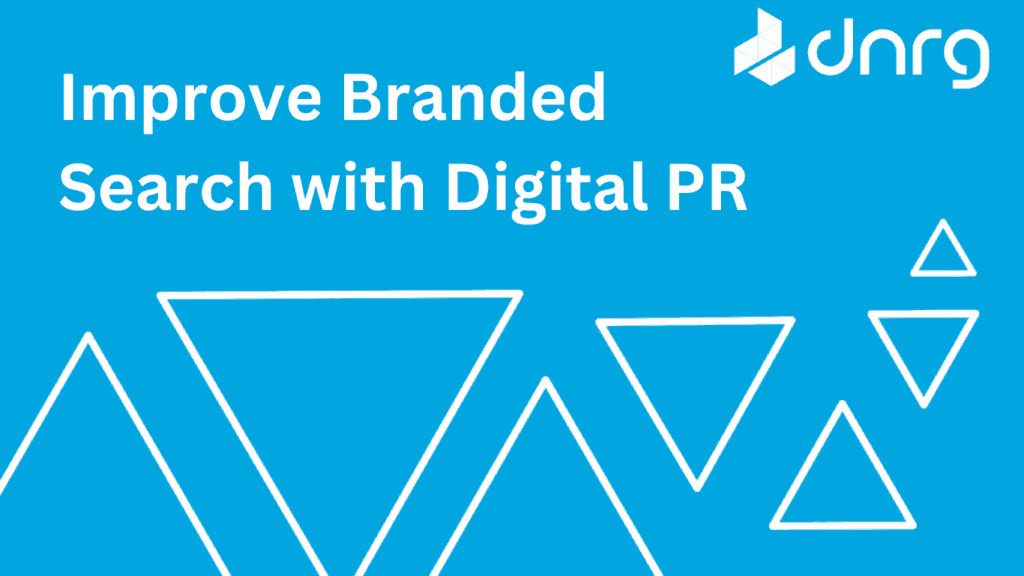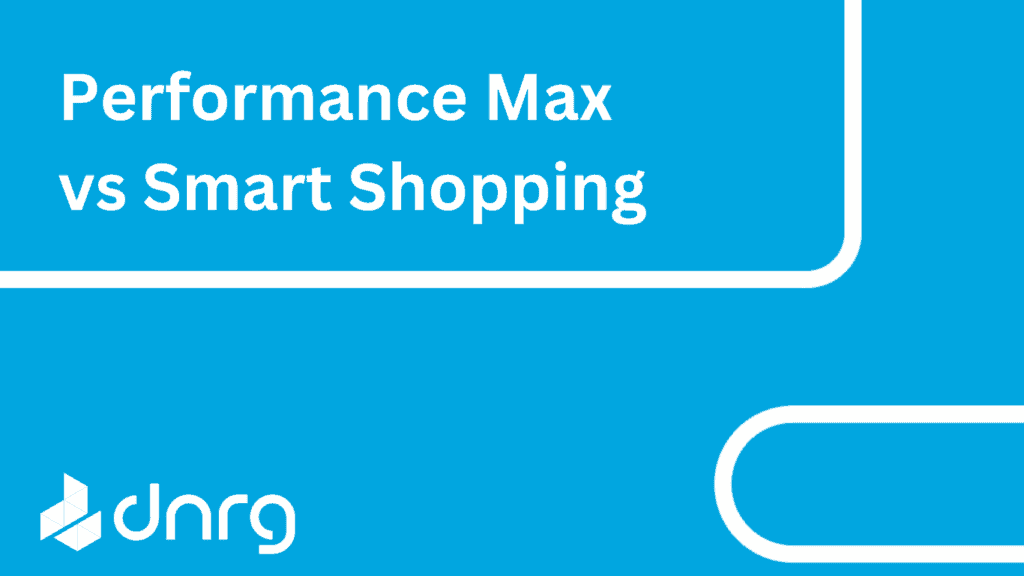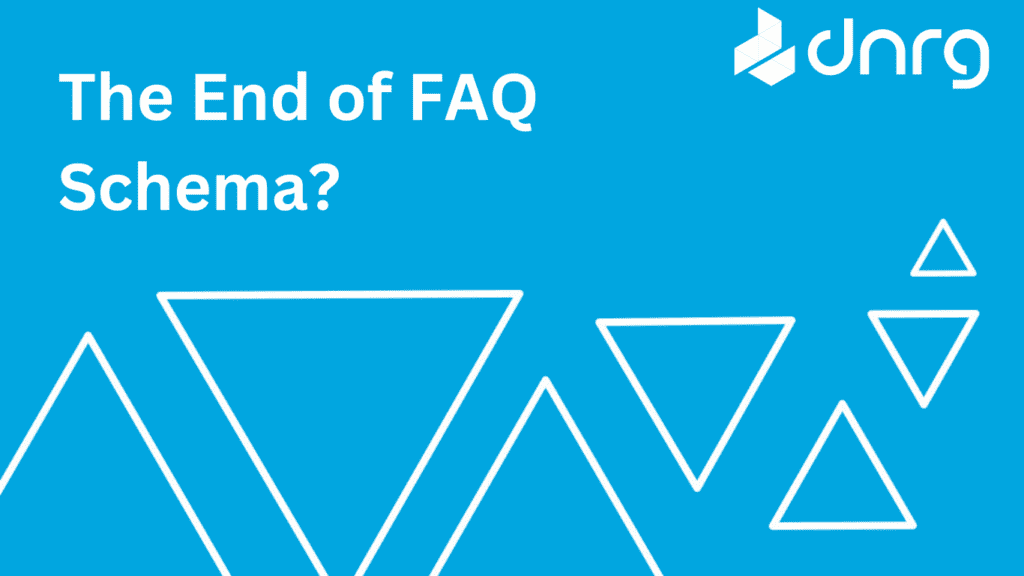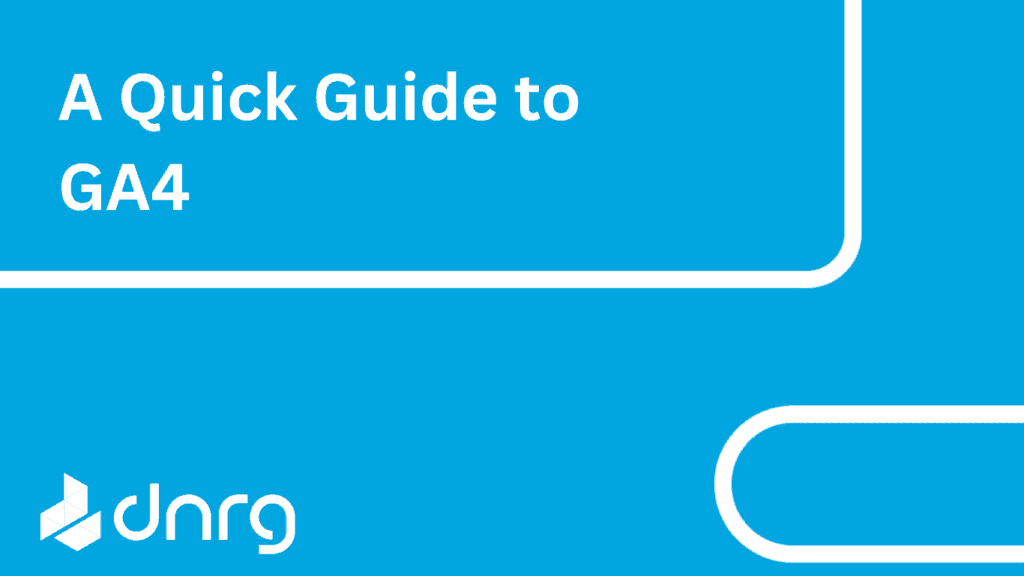Everything you need to know about eCommerce SEO In 2022
If you’re looking to grow your online sales and revenue in 2022, SEO (Search Engine Optimisation) is the perfect place to start.
Fueled by the COVID-19 pandemic and growing demand for customer flexibility, more people than ever are choosing eCommerce for purchasing goods and services. From everyday household items to the latest tech and gadgets, customer buying behaviour is shifting in a way that would be foolish to ignore!
A recent study from Nasdaq estimates that by the year 2040 roughly 95% of all purchases will be through eCommerce. Now more than ever, it’s crucial that your business stays ahead of the curve. Just look at Blackberry, once the pinnacle of mobile technology, now just another company that has faded away due to a lack of adaptation when it was needed most.
What Exactly Is eCommerce SEO?
eCommerce SEO is the act of improving or “optimising” a website for search engines and most importantly, users. In simple terms, you make a website, improve its content, structure and trust and in return, Google (and other search engines) will rank your website higher up in the search result pages.
eCommerce vs Traditional Websites
SEO has been around for some time now, so it’s likely you already have a basic understanding of what it is, but how does eCommerce SEO differ from a traditional lead generation website?
Well, eCommerce websites tend to be much larger, therefore aspects such as technical, HTML markup and on-page require more attention. Getting these eCommerce SEO fundamentals right ensures that the website will naturally start to achieve desirable keyword rankings.
Why Does SEO For eCommerce Matter?
eCommerce SEO should act as the backbone of all digital marketing activities. Without it, you are constantly chasing your tail, fighting to outbid competitors and stretching yourself to keep coming up with creative ideas that will win your customers attention.
The majority of digital marketing activities are designed for driving sales today and not tomorrow. SEO is proven to drive long term results, helping to grow revenue and eCommerce year after year (just ask some of our clients.)
Digital marketing is already an extremely competitive landscape. SEO allows you to own a stream of traffic to the website, unlike other marketing activities where you are paying to rent it.
Drive “Free” Clicks To Your Website
Sorry PPC, but also not sorry… eCommerce SEO is a great way to drive free traffic to your website. Yes, you have to invest a fair sum of your marketing budget to gain those keyword rankings, but once achieved, you do not have to pay a penny for the traffic.
Imagine SEO is like buying property, once you pay off the mortgage it’s completely yours to own. Other marketing channels such as PPC allow you to rent the house, this being said if the monthly rent becomes too expensive, you are no longer able to live there.
Improve Organic Brand Visibility
Branded traffic is important for any eCommerce business. Once a potential customer knows about your business and has shown interest in your products it’s super easy for them to find you again and convert them into a paying customer. SEO is a great way to help grow the number of people coming in contact with your brand. Just imagine, your billboard on one of the busiest motorways on the road, the internet!
Add To Your Multichannel Marketing
All jokes aside, we SEO’s don’t hate the other departments, at the end of the day we are all one big happy family working towards the same goal. Driving more revenue for our eCommerce clients. When opening up Google Analytics multichannel reports you often find that all your digital marketing activities are bouncing off each other, like old friends catching up in the pub. SEO will not only drive direct sales but will also help improve the performance of the other marketing activities.
Zero Limitations on Keywords
There are no limits to SEO. Often clients ask me “what happens when we are ranked 1 for all our target keywords” and my response is always the same, we move on to the next set of keywords. There are infinite keywords out there that your perfect customers are typing into search engines. From informational, transactional, navigational and everything in between, SEO allows you to rank for any term you set your mind to.
Key Elements For A Successful Campaign
I love eCommerce SEO! Not only does it click with my OCD way of thinking but I also feel that these sites have greater ranking potential due to the size of the website. With this abundance of pages and content to work with comes more opportunities to grow my client’s businesses. In this next section let’s dive a little bit deeper into the ins and outs of a successful SEO campaign.
Keyword Research
It all starts with the right keywords. The first step for any campaign is to identify the keywords you are going to focus the campaign around. I recommend that you start with a mixture of around 5-10 category level search terms and then another 5-10 product-level search terms. Now it’s a case of researching which keyword variants have the most volume behind them and then checking the intent behind these search terms.
Website Structure
Most web development agencies will build websites with an SEO friendly website structure in mind. This being said, there are often minor tweaks that need to be made to take that website to the next level. Inlinks are a key indicator for website structure and in fact, a recent article from the Search Engine Journal states that internal links are a ranking factor. On top of internal links, you need to also think of things like click depth, ideally, your most important pages must be at a click depth of 1.
On-Page SEO
Improving websites on-page SEO is a lot more than just headings and metadata. Yes, these are both hugely important elements to any website SEO success, but you also need to take into consideration things such as content length; keyword semantics; bold text; tables; images; videos and so much more! If the on-page SEO hasn’t been done correctly then you have no chance of reaching the top spots for high search volume keywords.
Link Building
The dark art of link building is something that splits the opinions of all SEO professionals. Okay, so let’s talk facts, Google offsite signals such as backlinks to certain sites increase the trust or authority of your website. Whilst Google does not recommend you build links to manipulate search engine result pages, your website will have a hard time ranking for transactional keywords if you don’t have some sort of links behind you. As long as the links built are relevant, trustworthy and natural, then you have nothing to worry about.
Technical SEO
The importance of technical SEO cannot be ignored. When you are working with large eCommerce websites the technical health of the website must be immaculate. Looking at aspects such as website load speed, crawl budget, broken or redirected pages and sitemaps is only the start. By making your website technically sound, Google will be able to better crawl on your website and serve you content into the search result pages to your target audience
How Is eCommerce SEO Changing
Every year we must constantly adapt our approach to stay on top of the latest search engine algorithm updates. Search trends such as user experience, page speed and the shift to long-form content are always going to be something we need to consider when approaching an eCommerce SEO campaign.
User Experience Is Key
If the user experience is not at the forefront of your digital marketing strategy then you will always be battling low conversion rates. User experience, otherwise referred to as UX, is often only considered within the build of the website. The truth is, the user experience must be considered at every stage of your marketing plan, even SEO. By ranking for the right keywords, serving relevant content and optimising the website for people, rather than search engines, you can be sure to be ticking all of the user experience boxes.
Core Web Vitals
The push-on Core Web Vitals means that if you’re not meeting today’s page speed standards, the website is likely going to struggle to outrank your competition. Page speed ties in with user experience very nicely. If your website is not loading smoothly, users may experience interruptions in their online experience. Core web vitals is just the latest updates focusing on UX signals and I’m sure that there will be many more similar algorithm updates to come.
Website page speed and core web vitals are so important for SEO that we have created a dedicated piece of content on this topic. Check out our full explanation of what core web vitals mean for your business.
Shift To Long-Form Content
If you like page one rankings then you will almost certainly want to get acquainted with long-form content. Whilst it can be hard to make long pieces of content look good on a page, you must find that perfect balance between providing a suitable amount of content without making the page look like an autobiography. SerpIQ ran a study charting the top 10 results in search queries by content length, the key takeaway was that long-form content gets higher rankings and the sweet spot is around the 2,416 words for first result rankings.
eCommerce SEO In 2022 Explained
Well, there you have it, everything you need to know about eCommerce SEO in 2022! I hope you have enjoyed this article and of course, if you have any questions please do not hesitate to get in touch with me or another member of the DNRG team. Until next time.
